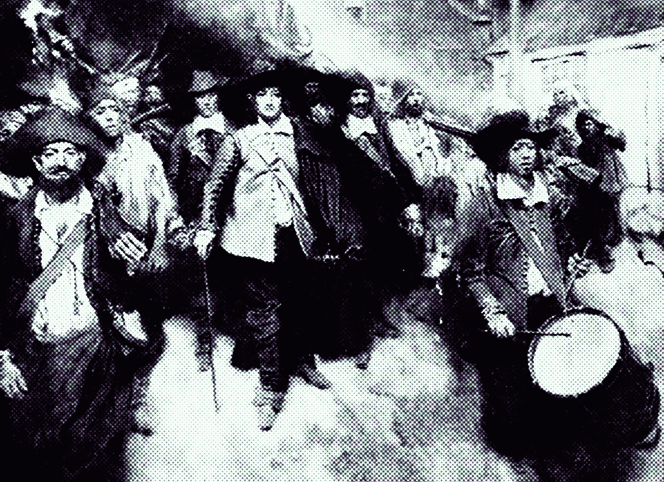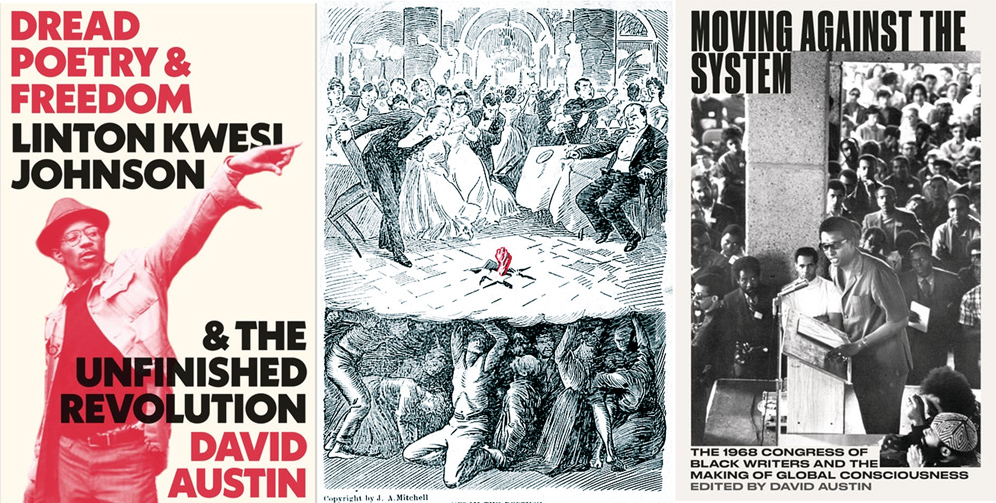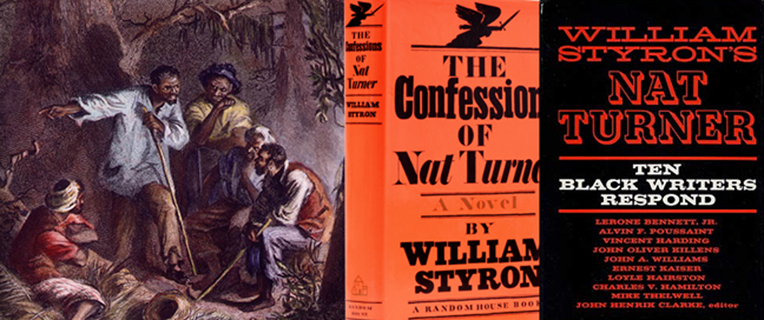Invention of the White Race
Allen had concluded by the mid 1960’s that white supremacism was the central obstacle to progressive movements in American life, past and present, yet the “white” race itself remained the most peculiar, contentious and generally misunderstood “identity,” blocking all efforts to achieve a just society. Accordingly, Allen spent the next 40 years in writing and primary research to discern when, where, how and why the Plantation Bourgeoisie invented this “white” race in colonial Virginia and Maryland



